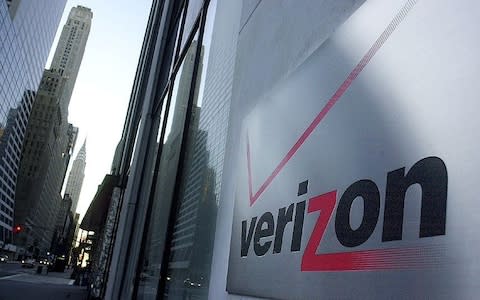Net neutrality: How will US overhaul of internet laws affect the web?

The US Government is moving to overturn so-called net neutrality laws, in a move internet pioneers say will stifle free speech on a network intended to serve everyone equally.
Net neutrality is the premise that customers are guaranteed an equal version of the internet. The repeal permits several tiers - allowing ISPs to charge more for quicker speeds and block websites belonging to customers who have not paid a premium.
The Federal Communications Commission (FCC) voted along party lines on Thursday to repeal laws passed by the Obama administration, thereby granting internet providers permission sweeping powers to throttle, block and prioritise traffic for higher - or lower - paying customers.
Back in 2015, the FCC reclassified broadband networks so they fell under the same strict regulations that govern telephone networks. But business leaders claim these rules were too heavy-handed and depressed investment in building broadband networks.
Lighter regulation would allow ISPs to charge different prices for its services, a move that has been met by nationwide protests. Critics say the vote could undermine equality because larger companies like Facebook, Twitter and WhatsApp, would be able to afford so-called "fast lanes" whereas smaller firms would suffer from poorer quality service, or disappear entirely.

Apple co-founder Steve Wozniak and World Wide Web inventor Tim Berners-Lee along with 21 other computing leaders tried to block the repeal, sending a letter to the chairs and representatives that have jurisdiction of the Federal Election Commission.
"The FCC’s rushed and technically incorrect proposed order to abolish net neutrality protections without any replacement is an imminent threat to the Internet we worked so hard to create. It should be stopped," it read.
But the FCC chair Ajit Pai, has claimed that the existing regulations, which guarantee that providers treat internet content equal, discourage investment and any criticism is "hysteria".
Q&A | Net Neutrality
Indeed, some hysteria over the potential powers now available to ISPs did appear. In one example, a Democrat representative came unstuck after tweeting what he claimed was evidence of internet "packaging" in Portugal where he claimed there was no net neutrality.
Portuguese telecommunications company MEO had been offering a €4.99 package of WhatsApp, Skype, Viber, texts and video calls but nothing else.
Rohit Kanna, a Democrat representative and lawyer tweeted out a picture of the offer, writing: "In Portugal, with no net neutrality, internet providers are starting to split the net into packages."
But Portugal is bound by the same laws as the UK, through the European Union's Open Internet Regulation and despite its thousands of retweets, Mr Kanna's claim was branded misleading by fake news watchdog, Snopes.
Mr Pai once worked for Verizon, which has fuelled conspiracy theories about where his interests lie. Some of the biggest ISP companies faced with losing net neutrality have publicly said they would not abuse their power.
https://twitter.com/RoKhanna/status/923701871092441088
US internet provider Comcase has insisted it will not "block or throttle access to internet sites". Verizon added that it will uphold principles of the "open internet" and claimed that internet users would notice little difference in their day-to-day surfing.
The repeal grants permission for "blocking, throttling, paid prioritisation and congestion management," according to the FCC. But Verizon and Comcast must disclose that they are doing it, or face "enforcement action".
The repeal could work in consumers favour, leading to a drop in the average American's internet bills as high speed internet costs could be passed onto businesses.
The size and influence of the small number of American ISPs is one of the reasons the debate has become so heated.
Unlike the US, there are more than 50 internet service providers fighting for competition in the UK, keeping prices low and quality at a certain level.

